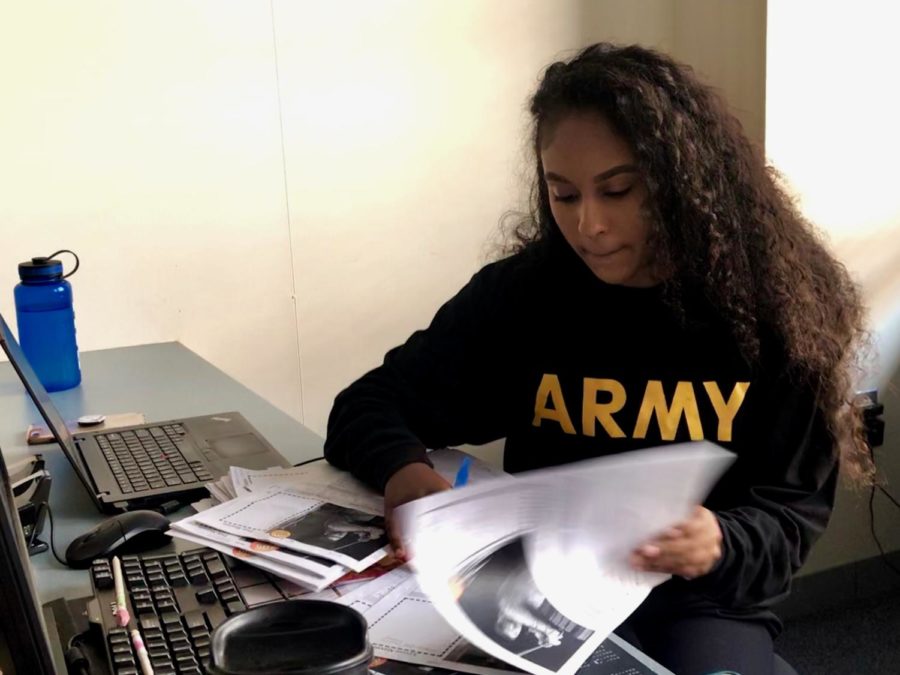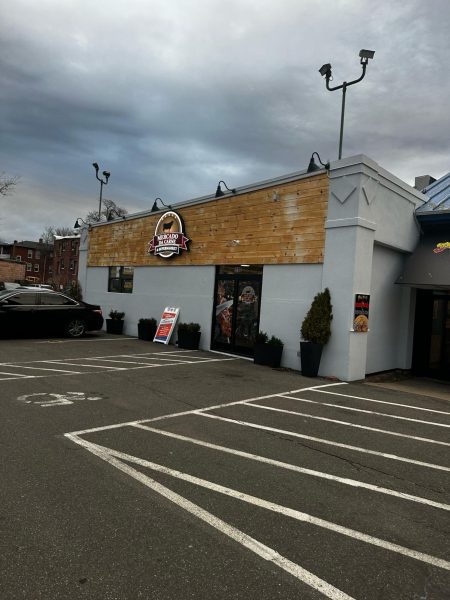Entering the Workforce After High School
People often think that finding a job is the next immediate step after secondary school, but the reality is far more complex than it seems. Some graduates don’t have the freedom to choose between choosing a job or starting college. They might go straight to work to support themselves financially, and their family and children, and don’t have the luxury to afford college yet.
Ann Lawton is an employee at William H. Hall High School, specifically works in Attendance, who also made the decision to work after she graduated. She says, “I was in the workforce first because I had to pay for college. Then, after making enough money, I went to college. I liked it (the workforce) a lot more than school.” After graduating college on her own terms, Ann decided to work in the education system. “I started working in a school because I was a mom and I wanted flexible hours so I could be home when they (her kids) were home.” There are many cases like Ann’s where sometimes, an individual’s personal life contradict or delay their professional dreams and ideals.
The Times of Today continue to prove that Ann’s decision isn’t an uncommon one. “Many students balance college and jobs. Emily Fourmy Cutrer, who teaches a freshman seminar, said six students in her class of 20 told her they worked 40 hours a week, eight worked 30 or more hours and the rest worked at least part time. “If it’s between earning money and going to class, I’m going to earn money because I have to support people,” said Seidman, author of the new book Crossing the Finish Line: How to Retain and Graduate Your Students. Students “don’t understand the cost-benefit of going to college” — the typically higher wages earned by degree-holders — “and we do a bad job of explaining that (HechingerReport).” This quote goes on to prove that many students feel obligated to work after they graduate high school, and sometimes, it can take up a lot of their free time. In fact, many of those students are forced to work along with their studies.
The previous paragraphs focuses on how going to the workforce can burden those who wish to continue their education, but that does not imply that going to the workforce is a bad idea. This is for one large reason- it is an ever-growing problem among college graduates for years after they finish school: student debt. “Today, 70 percent of college students graduate with a significant amount of loans. Over 44 million Americans collectively hold nearly $1.5 trillion in student debt. That means that roughly one in four American adults are paying off student loans. When they graduate, the average student loan borrower has $37,172 in student loans, a $20,000 increase from 13 years ago (CNBC).” The earnings of a person who graduated from college with a Bachelor’s Degree in 2018 was approximately $50,000, versus someone who graduated from High School Diploma, who would have a salary of approximately $35,000*. This proves that college expenses can become overbearing, and slightly intimidating, and earning money before attending college can help student loans feel less intimidating.
After graduating high school and receiving your diploma, the options of a career are much more open to all. Dozens of opportunities in retail, restaurants, the industrial sector (jobs in warehouses, and contracted services like construction or security) exist in the world of today. The Department of Labor reported over 6 million openings at the end of July 2018. Brandi McDonald, a stay at home mother of a student at Hall, made up her mind to go right into the workforce, after proclaiming that she was done with the education system. After Brandi graduated, she writes “I went into the workforce. Cashiering mostly, and a little part-time babysitting.” She would be many of the eras to not return to college “Going back to school? Can you afford to quit a job to go to school or could you work part-time? There are many mitigating factors. It depends on the individual.”
In conclusion, neither the process of applying to college, or going to work right after high school are as easy as some might make it to be. Factors, such as deaths or sudden complications within one’s own life may cause one to have to put their dreams on hold, and step up to take care of their family, or a financial situation that doesn’t allow for college. If you choose to not continue education in college, going into the workforce is by no means, an “easy way out”.






